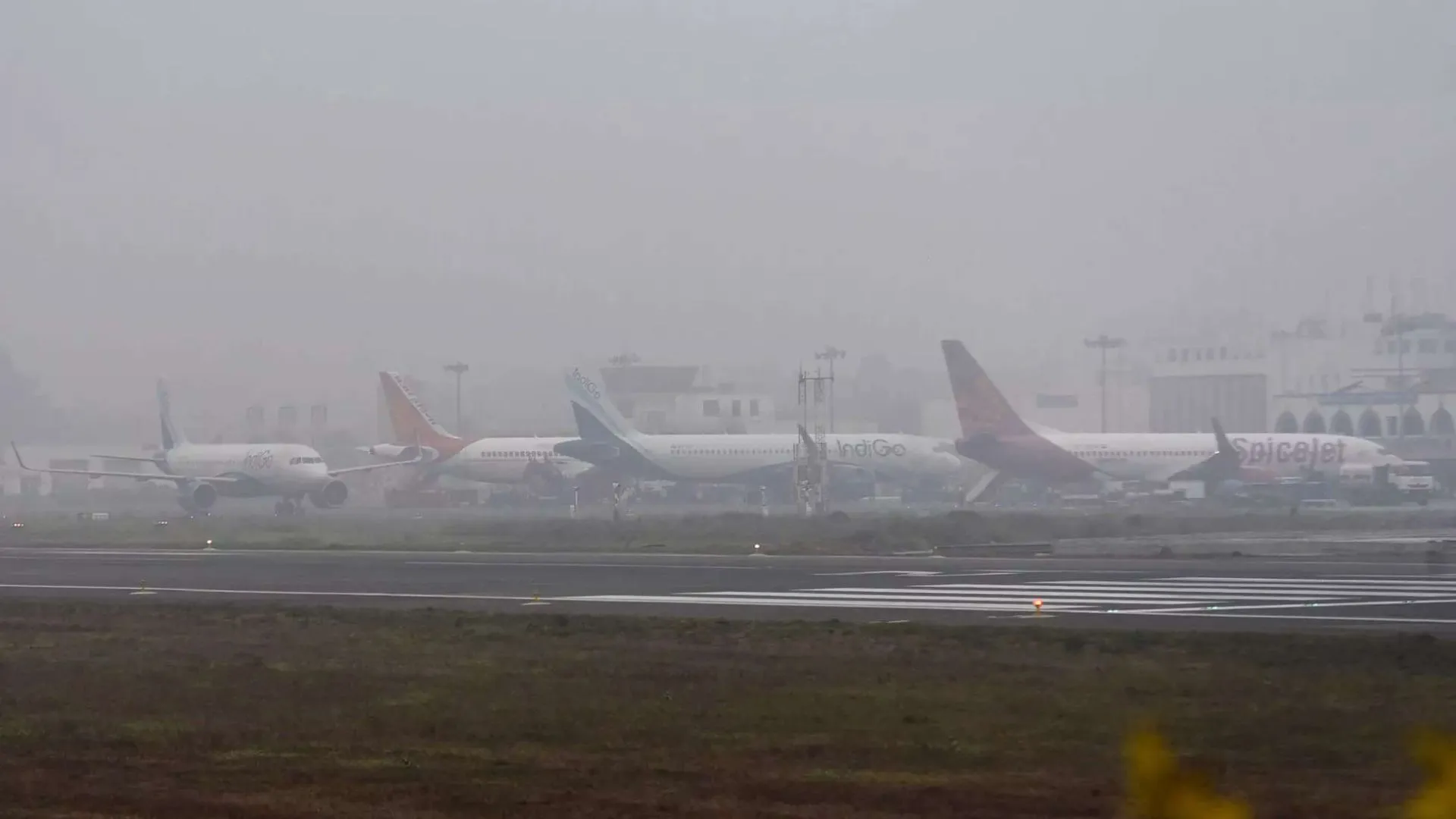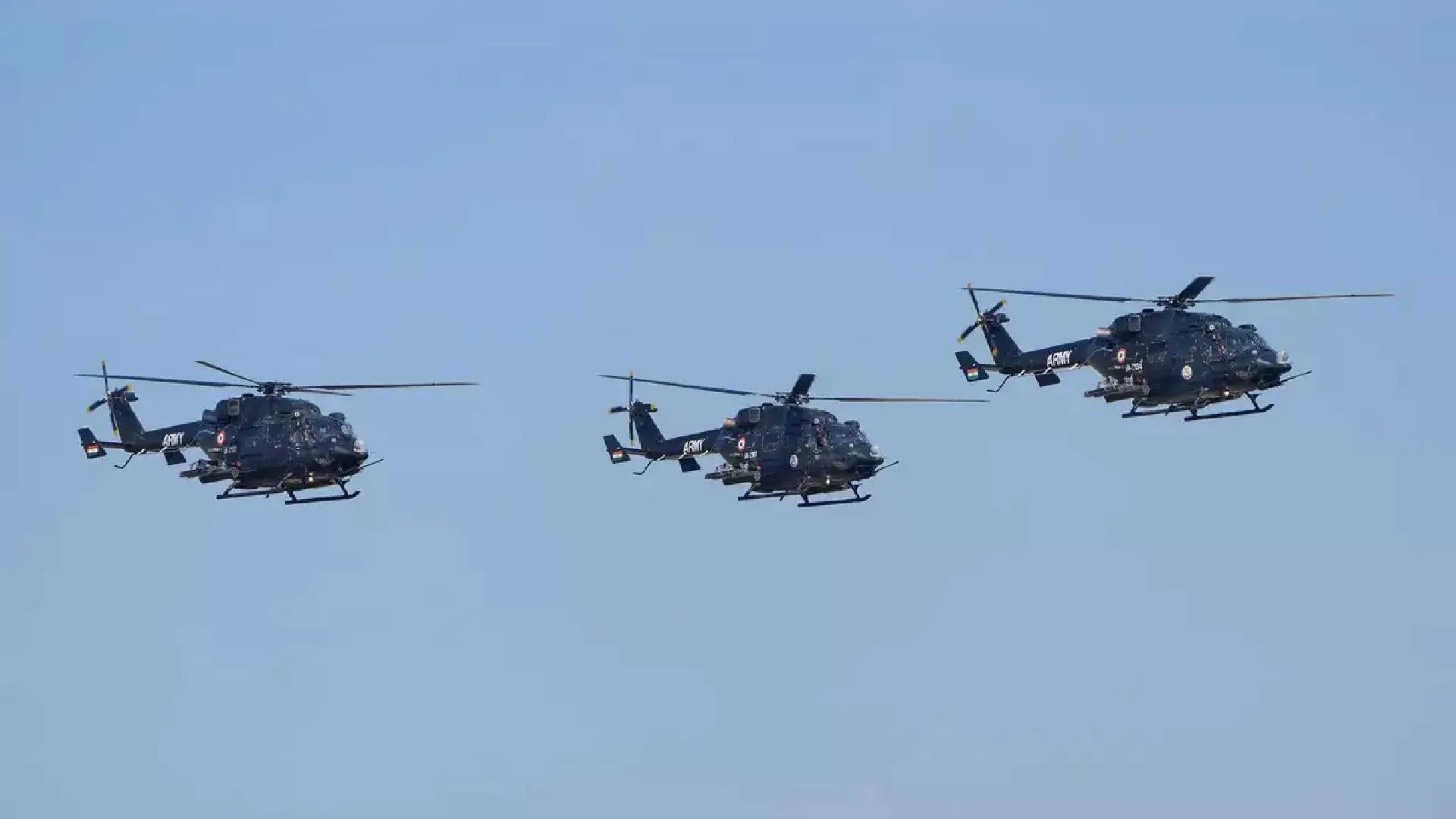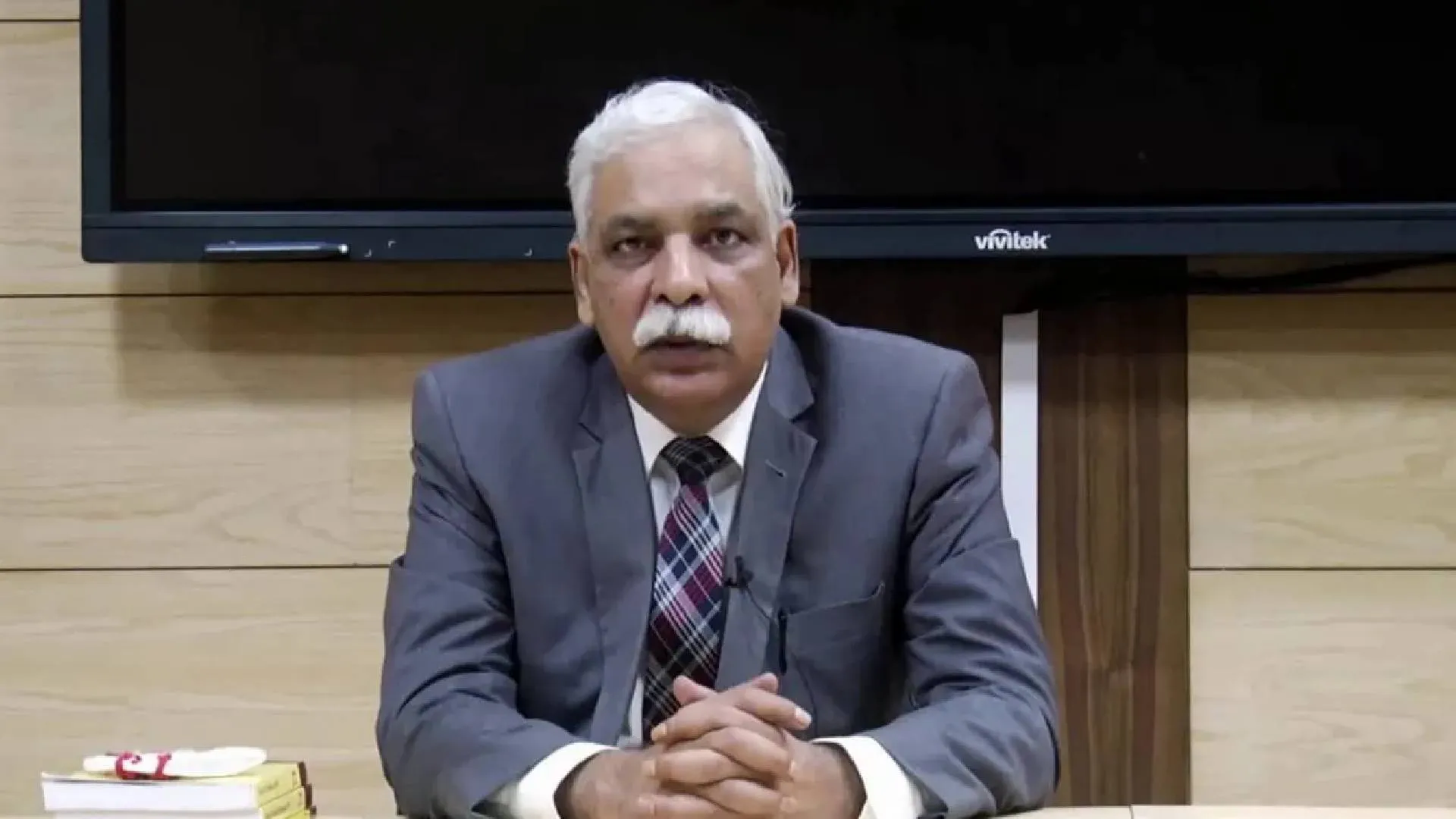Amid the diplomatic rift and sharp exchange of words between India and Bangladesh over the issue of border fencing work, the Border Security Force has made it clear that it is committed to securing the Indian border on the basis of the long-standing protocol between the two neighbouring countries. Senior BSF officials said that the row over border fencing erupted only after the change of guard in Dhaka and the ascent of the Mohammed Yunus-led interim Government following the ouster of the elected Government of Sheikh Hasina.
Sources in the Border Security Force, which is tasked with guarding India’s borders, said the fencing was an ongoing project and Border Guard Bangladesh, its counterpart across the border, had always been kept in the loop. “Construction of border fencing started last year in April and was proceeding smoothly with the full knowledge and acquiescence of the Border Guards Bangladesh. However, since the change of political power in Bangladesh and the ascent of the Yunus Government, we are seeing objections being raised,” senior BSF officials told The Daily Guardian.
“The fencing work at Sukhdevpur-Sabdalpur village in Malda’s Baishnabnagar started in April last year following established procedure, which also involve Border Guard Bangladesh. BGB, through multiple intimations, communicated their agreement and had no objection when the work began,” said a senior officer of BSF South Bengal Frontier. According to border guidelines, any permanent construction within 150 yards of the Zero Line is restricted by both countries. If any temporary construction has to happen within this territory, there is an established process, and mutual agreement involving both stakeholders is necessary.
“Work continued seamlessly till July, and then BSF temporarily put things on hold during the monsoon. When the force tried to resume fencing in November, BGB objected after four days. After lower-level talks, operations were put on hold for a few days, hoping that our counterpart would be able to see things in the correct perspective,” said the officer. The senior officer said BSF resumed work last week, after waiting for a considerable time. “But there was opposition again from the BGB, and despite flag meetings where we reminded them about their commitments and past permissions, they refused to let us start work. We ultimately had to stop again to avoid escalating tension,” the officer said.
Bengal has a 2,217 km boundary with Bangladesh. Almost half of it remains unfenced, making it vulnerable to illicit cross-border activities. The current dispute is over attempts to put barriers along 1,200m in Baishnabnagar village. The fencing would be in mutual interest as it would help curb transborder crimes and illegal infiltration. The BSF officer said the force was dealing with the issue courteously and exploring all options, but had escalated the matter to the Ministries of Home and External Affairs. “Their objection is not justified,” the officer said.
On Monday, a Ministry of External Affairs release made it clear that India had observed all protocols and agreements between the two Governments on security measures at the borders, including fencing. It said that the same was conveyed to the BangladeshActing High Commissioner to India, Md. Nural Islam, who was summoned by the MEA to the South Block. The release added that it was also conveyed to the envoy that India was committed to ensuring a crime-free border through measures like barbed-wire fencing, border lighting, installation of technical devices and cattle fences. Among cross-border crimes, the release cited smuggling, the movement of criminals and trafficking.
“India conveyed its expectation that all earlier understandings will be implemented by Bangladesh and that there will be a cooperative approach to combating cross-border crimes,” the Ministry release said. This followed Sunday’s statement by the BangladeshForeign Ministry expressing its “deep concerns” at the “recent activities of the BSF along the Bangladesh-India border”. On Sunday, the interim Government in Dhaka had summoned the Indian High Commissioner Pranay Verma to the office of Foreign Secretary Md Jashim Uddin. Verma was told the BSF’s “unauthorised attempt” to construct barbed-wire fencing and related operational actions had caused “tensions and disturbances” along the border.
Since fencing began on Friday around Dahagram-Angarpota — the sole Bangladeshi enclave in India — near the Tin Bigha Corridor in Cooch Behar, Bangladesh has been alleging that it violates international law’s prohibition of any construction within 150 yards of the Zero Line (border). BSF officials said that residents of the Indian villages surrounding the Bangladesh enclave of Dahagram-Angarpota had urged the BSF to provide them with security so they could fence the enclave’s boundaries. Located in Mekhliganj, Cooch Behar, the enclave is connected to mainland Bangladesh through the 178m by 85m Tin Bigha corridor.
On Friday, the villagers had begun putting up barbed-wire fencing around the enclave, citing the objective of preventing cattle and Bangladeshi people from entering India illegally. They had secured a 2km stretch — out of a targeted 3.5km — before Border Guard Bangladesh (BGB) jawans intervened and stopped the fencing. Residents of Sibrampur in South Dinajpur and Sukdebpur in Malda — where the BSF had to stop fencing the border following objections from the BGB – too have urged the authorities to complete the job keeping in mind the situation in Bangladesh and its current relations with India, the BSF official said.





















